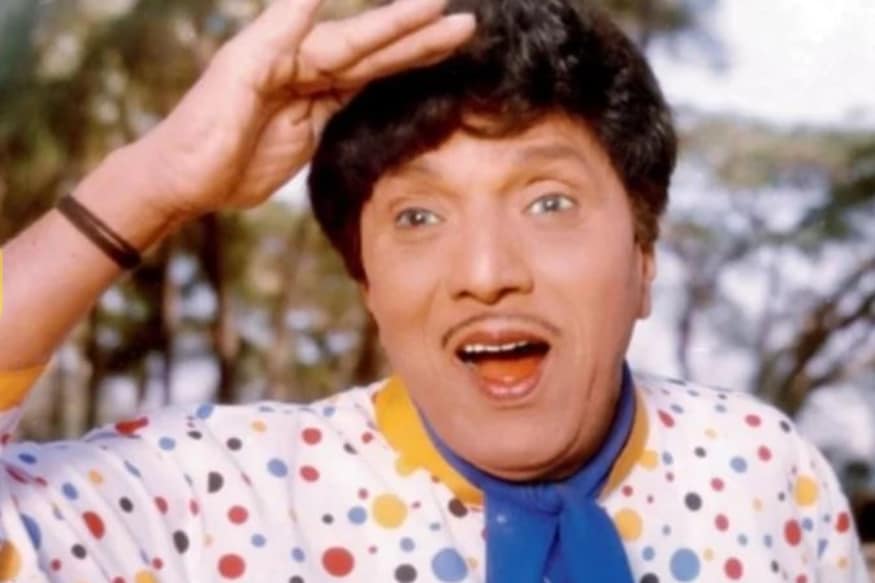

He was married to Nalini but they later got divorced. Kondke was a very active member of Shiv Sena and was able to influence many areas of rural Maharashtra due to his popularity and way of making fiery speeches to impress the masses. Kondke was impressed with Thackeray's charisma and had toured Maharashtra to attract voters towards Shiv Sena. In return, Kondke, with Gajanan Shirke, helped found the Chitrapat Shakha'. Thackeray's justification for supporting Kondke was that he was a Marathi Māṇūs (Man). The news of the replacement reached the Sena Bhavan, and after a meeting, party members and locals marched to the theatre to protest the move. The move angered Marathi-speaking moviegoers, as many were eager to watch Kondke's film.
DADA KONDKE DIED MOVIE

He then turned producer with Songadya in 1971.

Vichha Majhi Puri Kara brought Kondke into spotlight and in 1969, he debuted in Marathi movies through a role in Bhalji Pendharkar's movie Tambdi Maati which won the National Film Award for Best Feature Film in Marathi. The drama went on to play over 1500 shows all over Maharashtra and made Dada a star. The drama was named Vichha Majhi Puri Kara (Translation: Fulfill my Wish). Sabnis appreciated Dada's performance in Khankhanpurcha Raja (Translation: Bankrupt King), and agreed to write a modern Marathi language Tamasha or Loknatya ( folk play).

Later, Kondke started his own theatre company, and approached Sabnis to compose a drama script for him. During this period came in contact with various Marathi stage personalities including writer, Vasant Sabnis. Kondke was involved in cultural activities of Seva Dal, a Congress party volunteers organization, where he started working in dramas. While working for the drama companies, Kondke toured throughout Maharashtra which helped him understand the local population's taste in entertainment. Kondke started his entertainment career with a band and then worked as a stage actor. These events made him focus more on the lighter side of life and make people laugh. He lost most of his immediate family to unfortunate events and the grieving process changed him profoundly. Kondke and his migrant family retained close connections to their rural roots.Īs a youngster, Kondke was a rough kid who later on took up job in a local grocery retail chain called Apna Bazaar. His family originally hailed from the village of Ingavali which was in the erstwhile Bhor State near Pune. Kondke was a born to and raised in a Koli family of cotton-mill workers in a chawl in Naigaon, near Lalbaug, Mumbai.


 0 kommentar(er)
0 kommentar(er)
